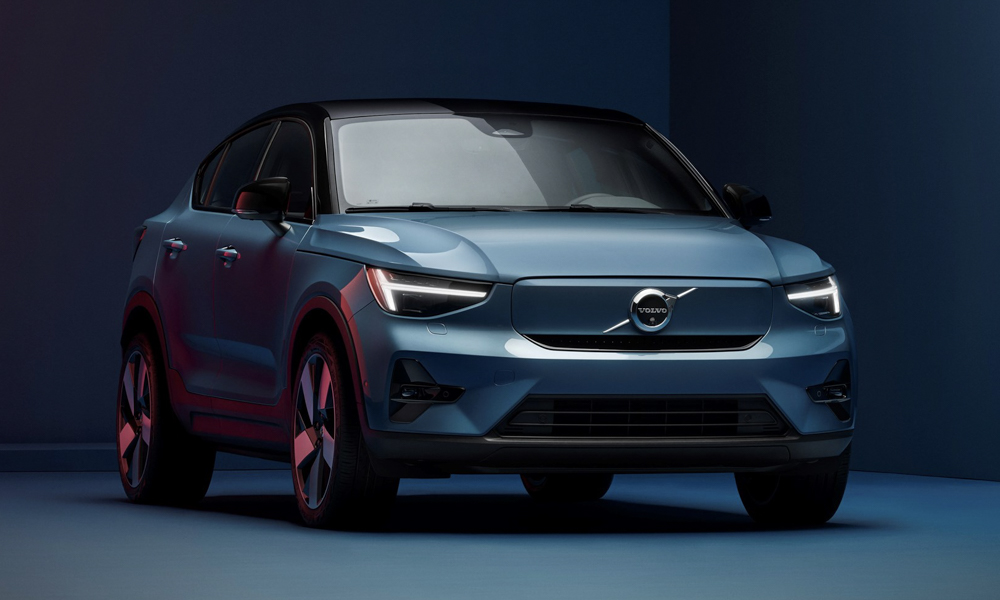
The electrification of its product line is one of Volvo’s ambitious corporate goals. As early as 2018, the automaker has boldly claimed that electric vehicles will make up 50% of its sales in 2025, and that it will progressively ax diesel engines from its passenger cars. As far as pure-electric cars are concerned, the Swedish firm has recently launched its follow-up to the XC40 Recharge.
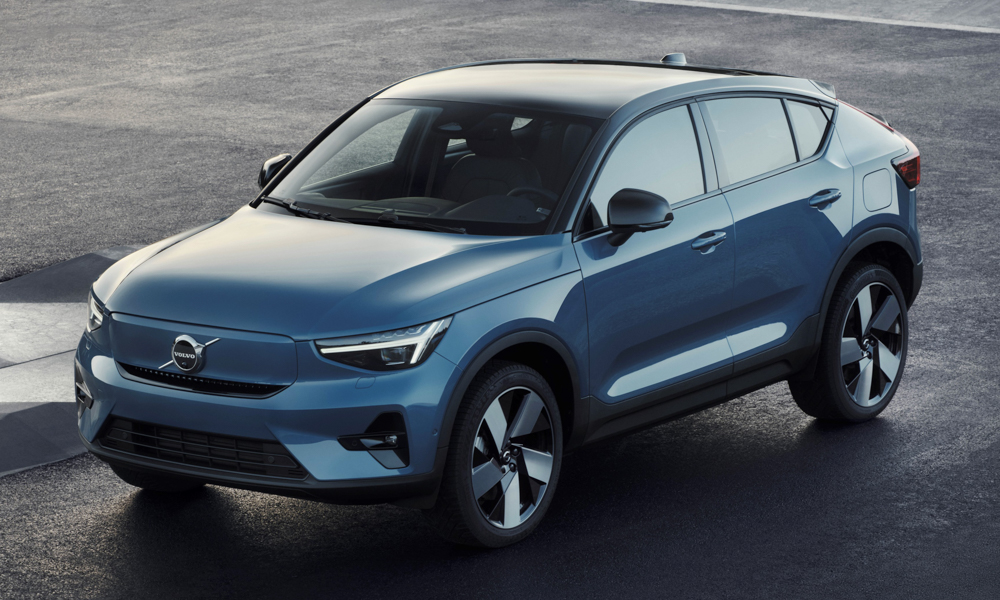
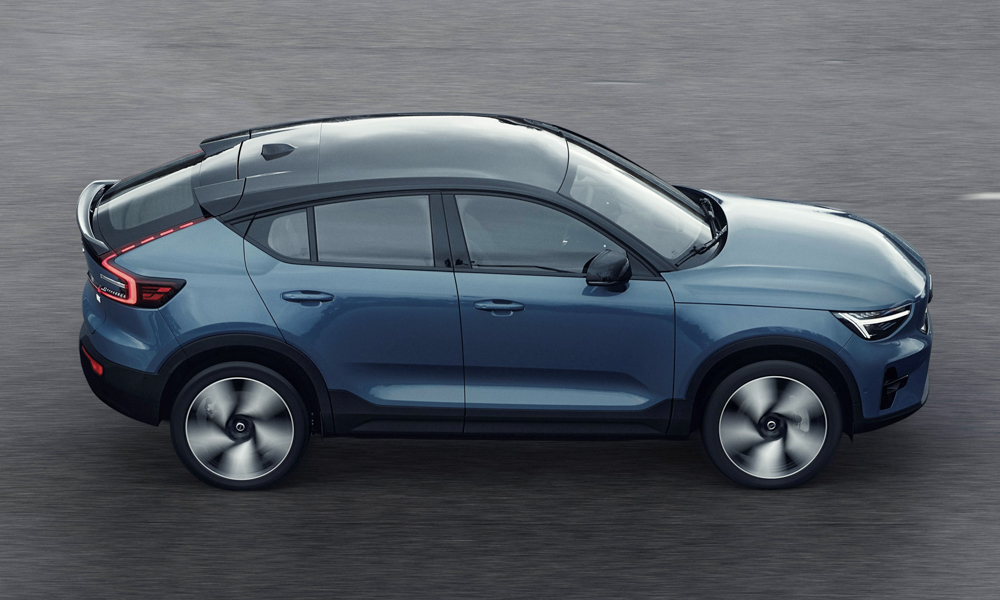
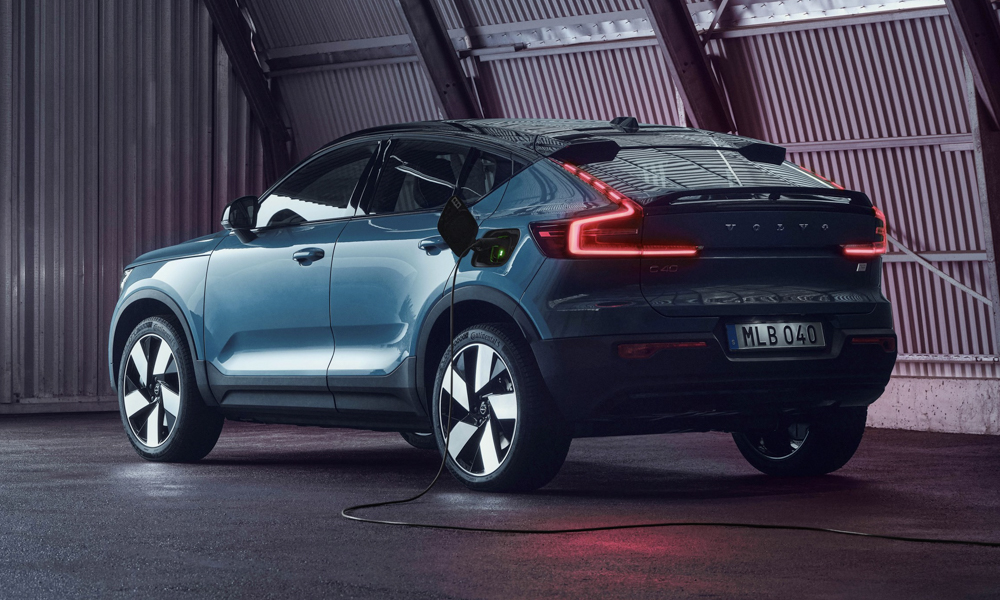
Called the C40 Recharge, it looks like a streamlined iteration of its boxy sibling. While the XC40 retains its typical SUV-like shape, the C40 Recharge has a sleeker coupe-like profile—a trend that is increasing in popularity among crossovers. Historically, the C range has always been reserved for Volvo’s smaller offerings like the C30 hatchback and the C70 coupe.
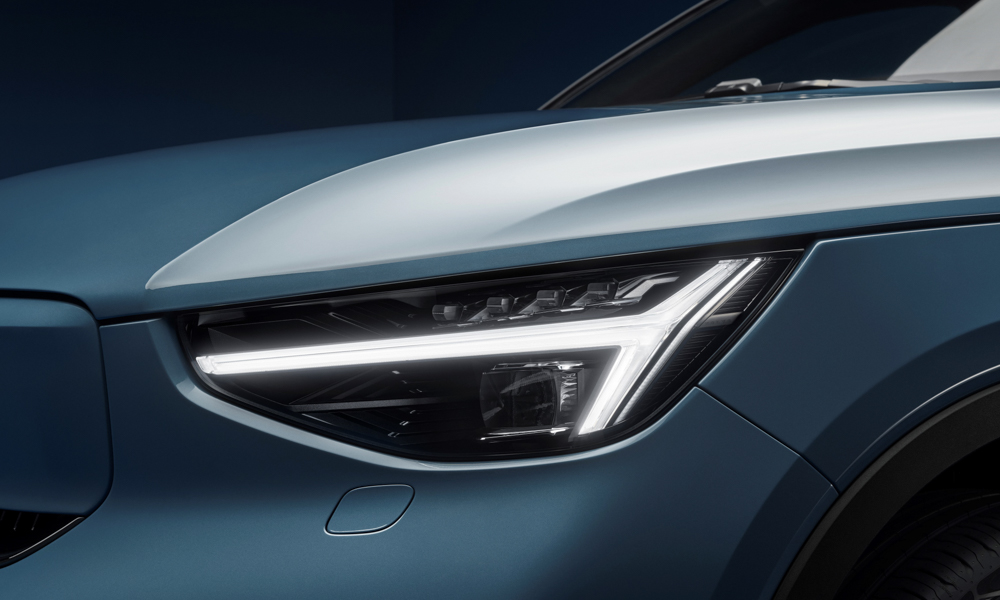
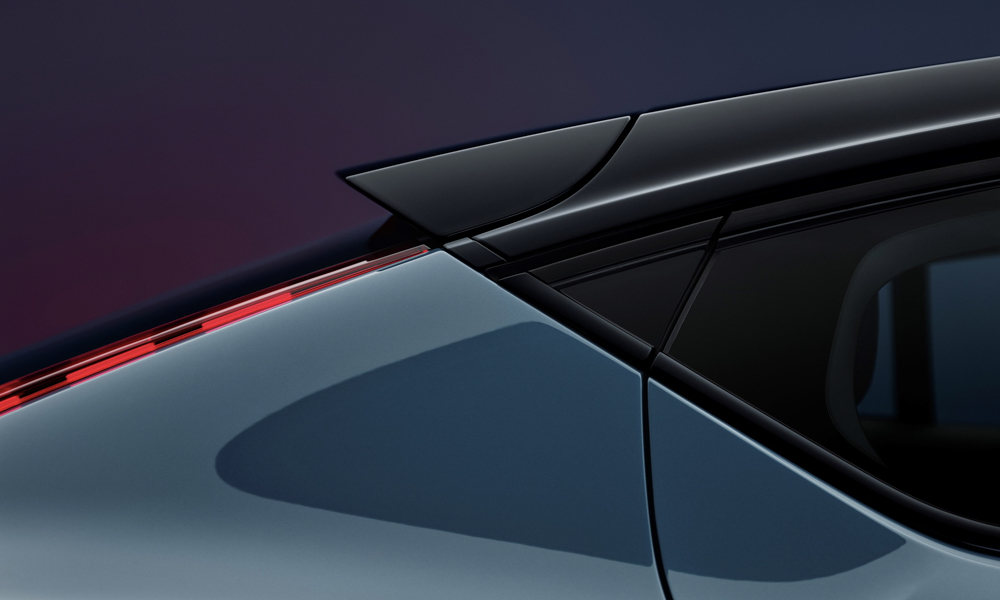
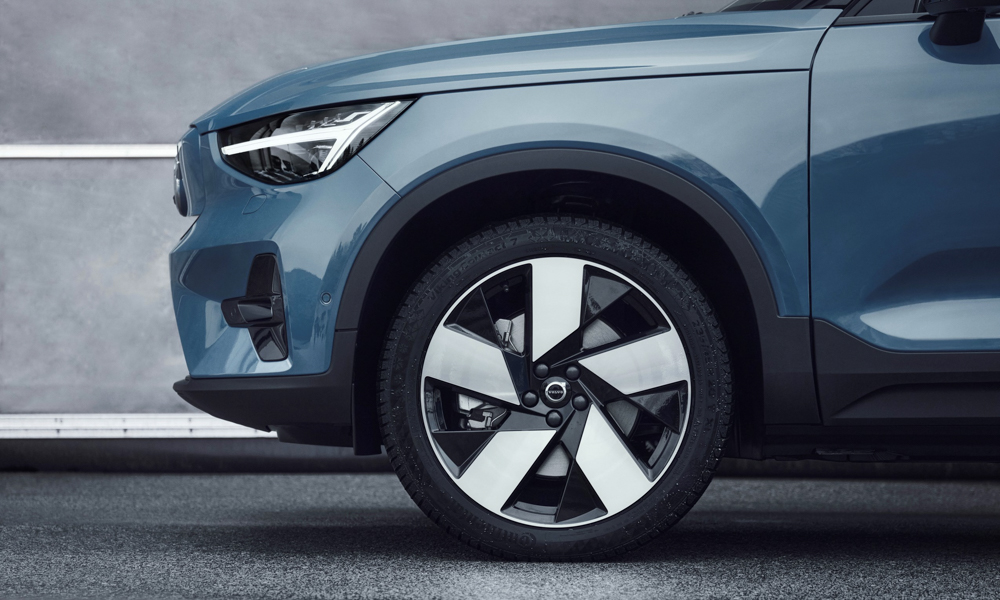
A 78kWh battery pack powers two motors that make the C40 Recharge all-wheel-drive. The powertrain has over 400hp—good for a 0-100km/h time of 4.9 seconds. Range is a rather generous 420km, and the battery can be juiced up to 80% in just 40 minutes. Onboard, the Android-based infotainment system has preinstalled apps like Google Maps, Google Assistant and Google Play Store. In addition, the interior is completely leather-free, so it can be assumed that there will be some sort of synthetic substitute to mimic the suppleness of animal hides.
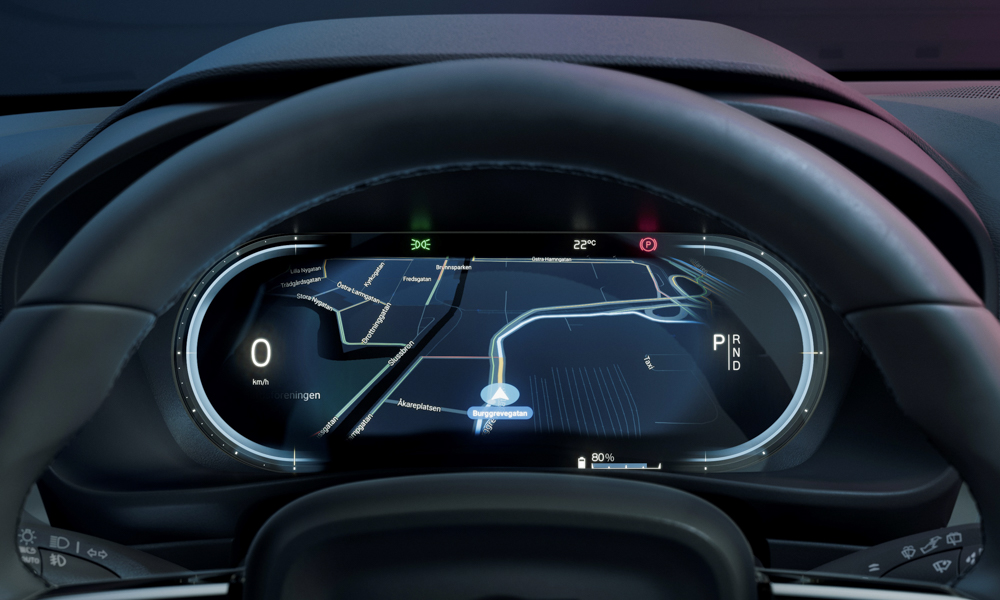
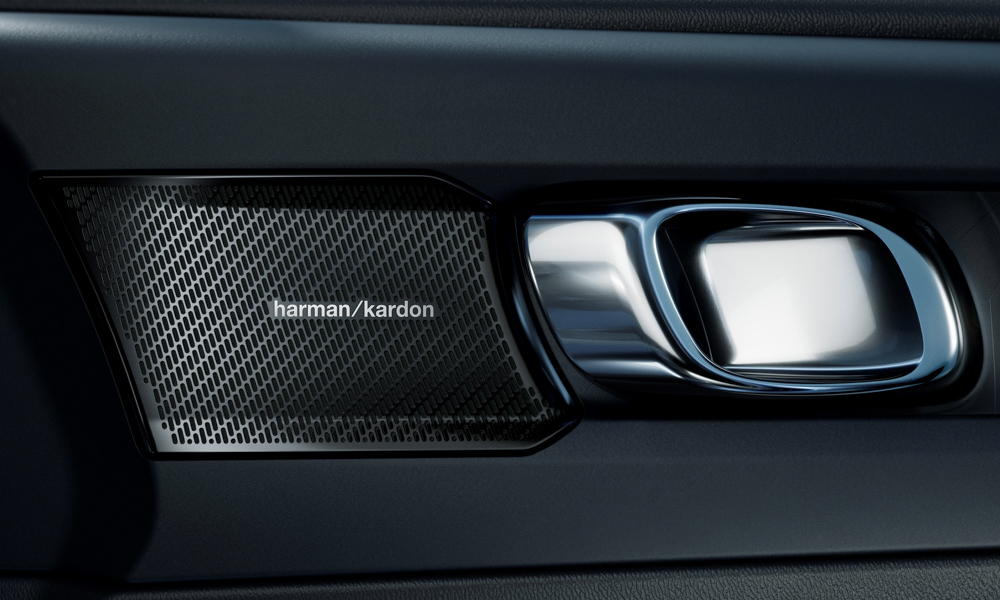
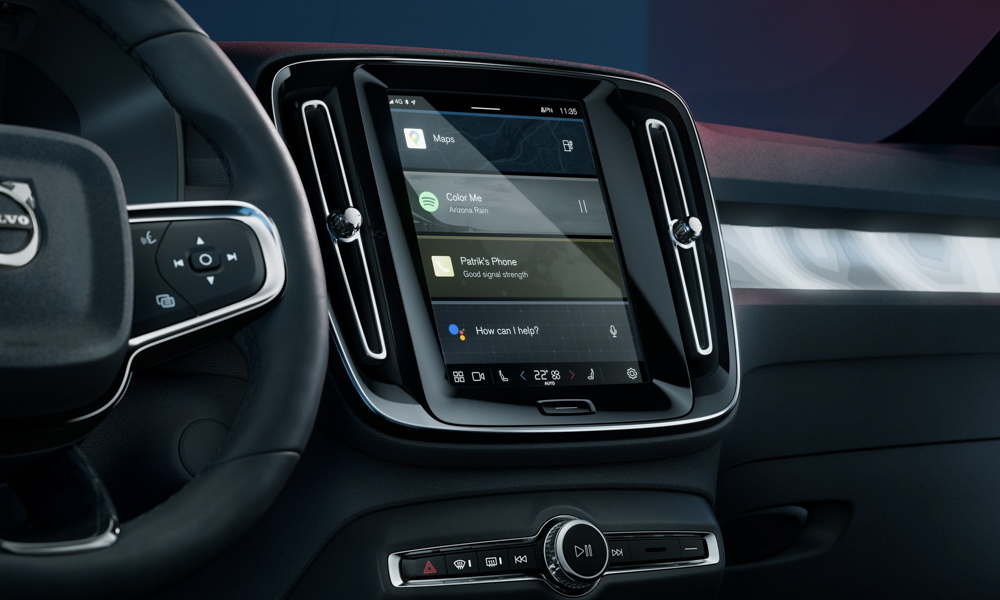
But aside from showing the world its fancy new crossover, the C40 Recharge represents Volvo’s complete shift to battery power by 2030. The company really means it this time as even hybrids will be discontinued, which completely rids its catalog of anything that drinks gasoline or diesel. Volvo feels that the time is ripe for such a drastic change given the surging demand for EVs and the increasing availability of charging infrastructure.

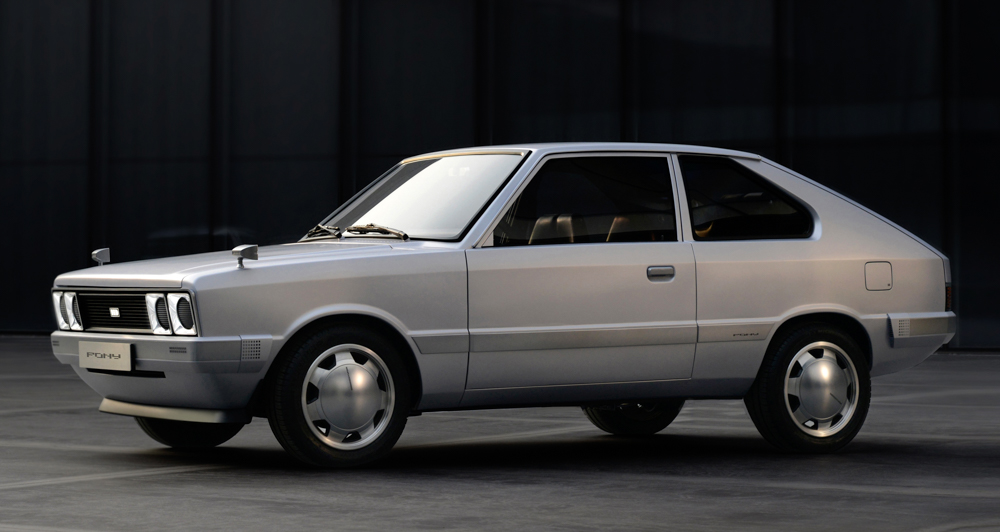
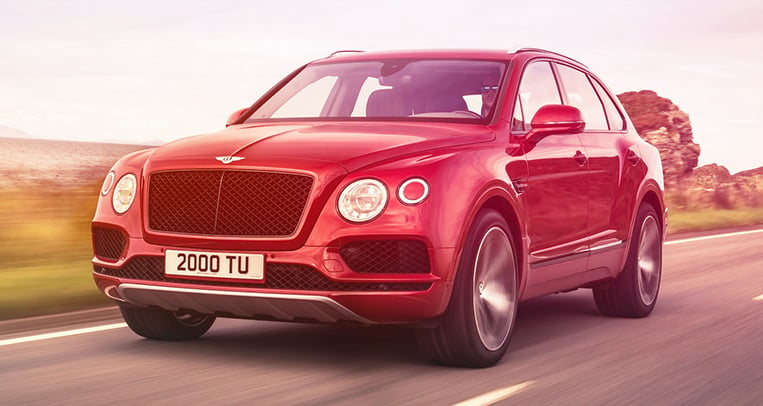
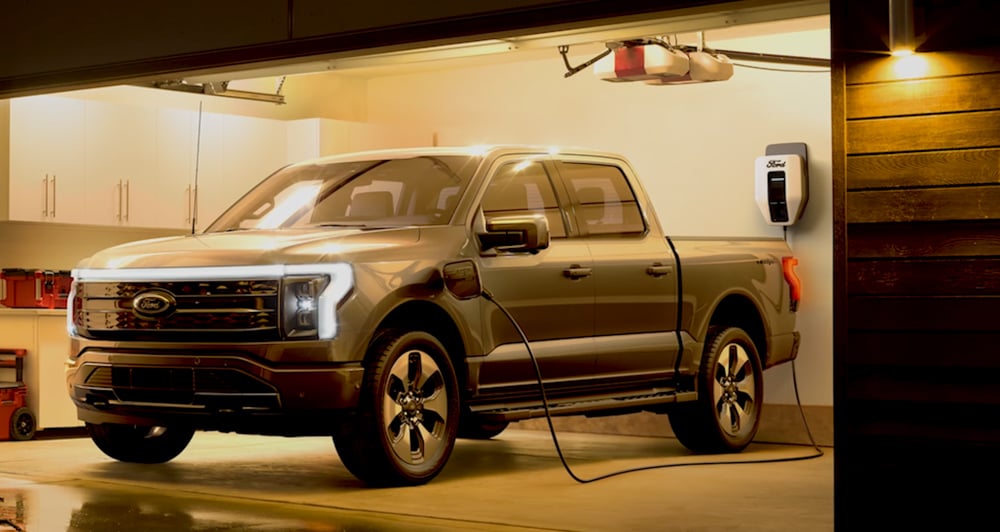
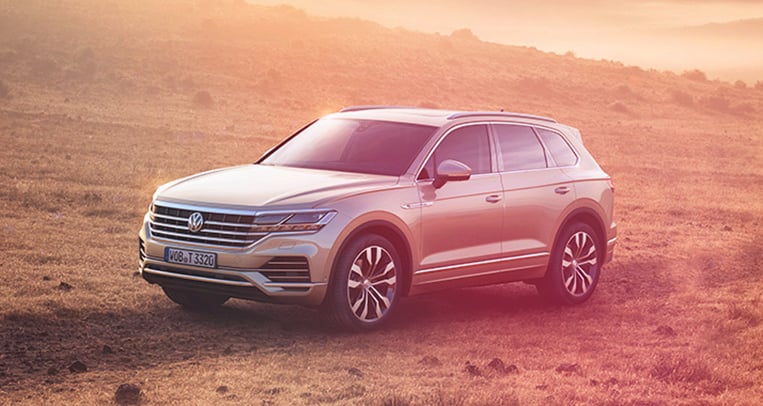

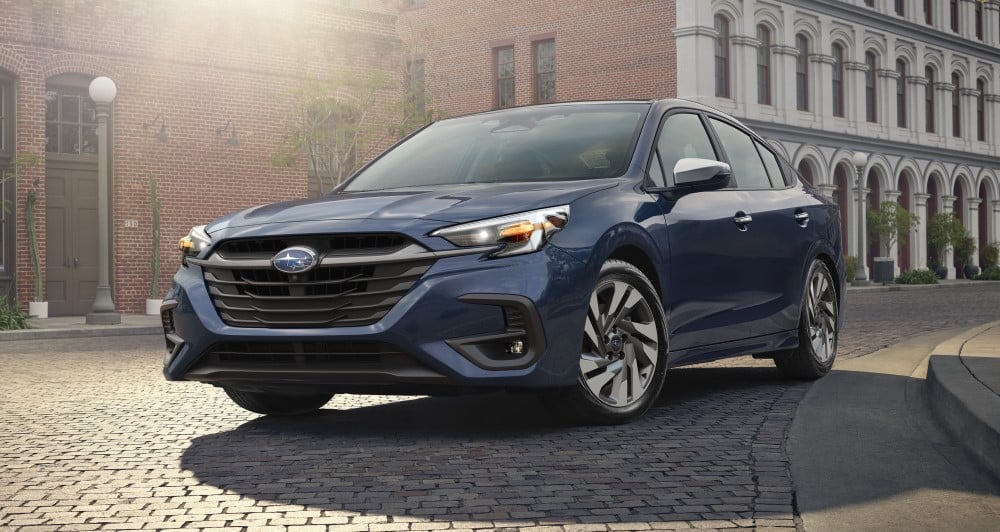

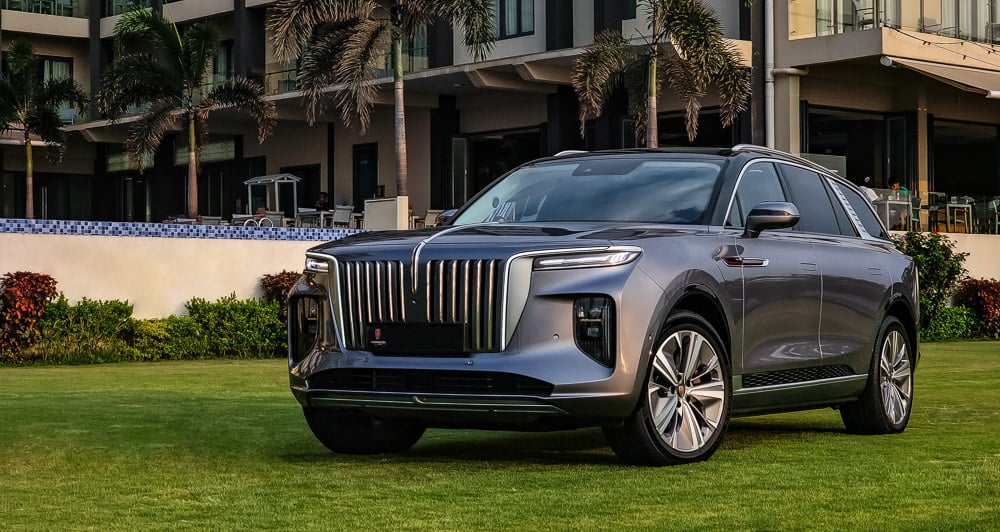
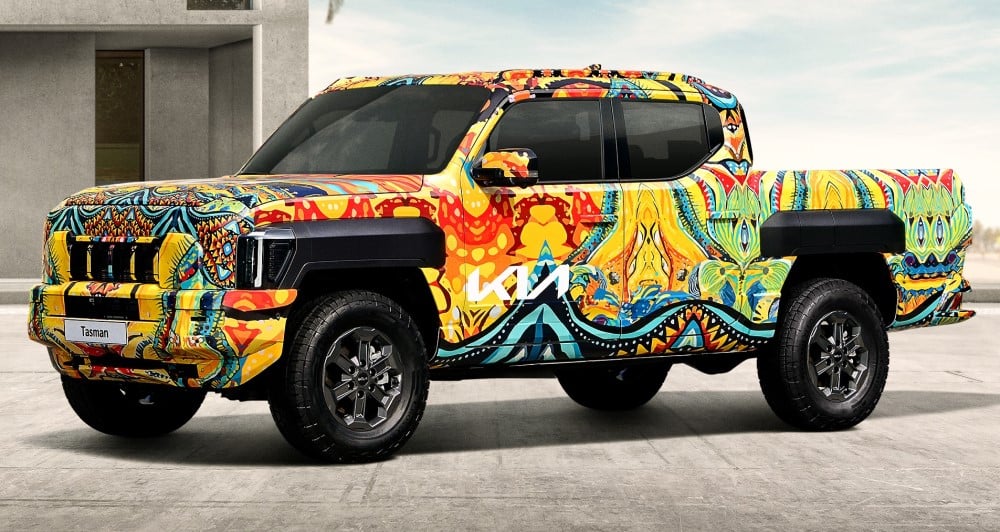

Comments